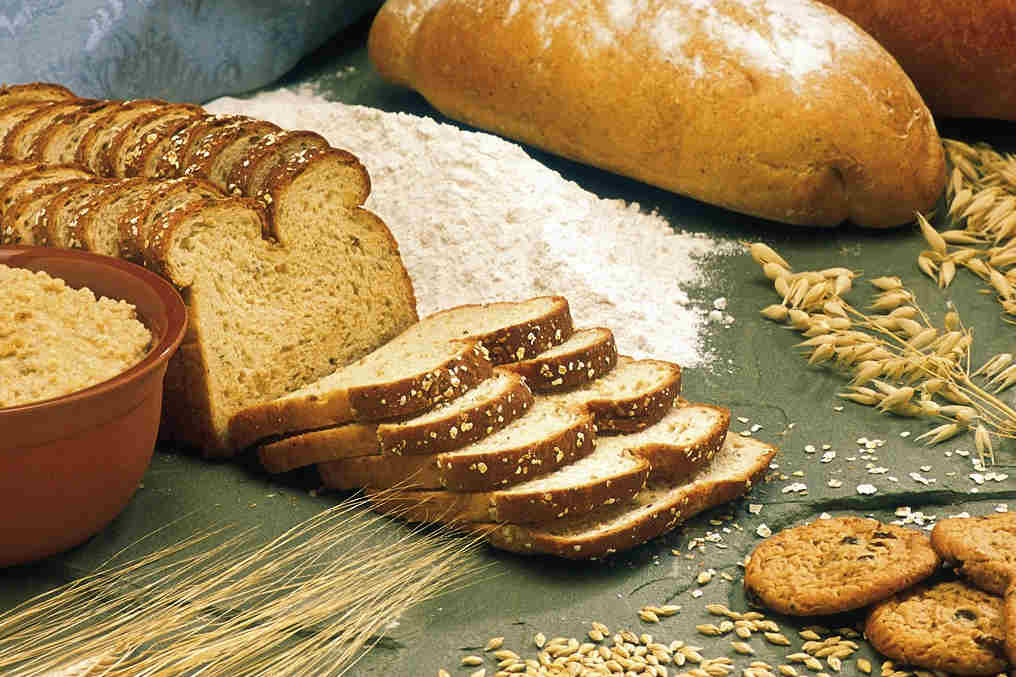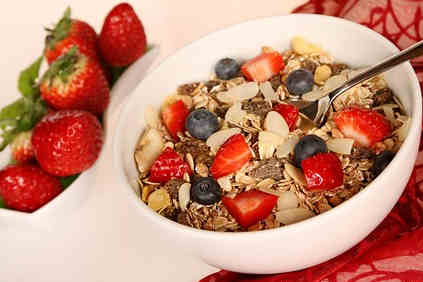Cereals have been a staple in diets around the world for thousands of years. Cereals do much more than merely satisfy morning hunger pangs; people often view them as a convenient breakfast option, but they play a much more significant role in our diets. This article looks deeper into the multifaceted benefits of incorporating cereals into your meal plan.
What are Cereals and Why Should They Be Included in Your Diet?
Grains like wheat, rice, corn, barley, and oats come from the grassy plants of the Gramineae family, also known as Poaceae. These grains, commonly referred to as cereals, serve as a vital source of nutrients and energy for people around the world. They include staples such as wheat, rice, corn, barley, and oats. But why should these humble grains be a mainstay in your diet? Well, essential nutrients like fiber, vitamins, and minerals pack cereals. Moreover, they are a cost-effective source of energy, making them indispensable for people of all age groups.
How Do Cereals Contribute to Nutritional Balance?
Rich in Carbohydrates
Carbohydrates are the body’s primary energy source, and cereals are chock-full of them. A balanced amount of complex carbohydrates found in whole grains provides sustained energy throughout the day. This is crucial for everyone, from athletes requiring high energy levels for physical performance, to office workers needing mental stamina.
Packed with Fiber
Fiber is essential for a healthy digestive system. It helps prevent constipation, lowers cholesterol levels, and even aids in weight control by promoting a feeling of fullness. Whole grain cereals, in particular, are rich in soluble and insoluble fiber, which offer an array of health benefits.
Source of Protein
Although not as protein-rich as meats or legumes, cereals do contain essential amino acids, the building blocks of protein. Combined with pulses or dairy, cereals can provide a complete protein profile, crucial for tissue repair and muscle building.
Loaded with Vitamins and Minerals
Cereals are a treasure trove of vitamins, especially B-vitamins like riboflavin, thiamine, and niacin, which are vital for metabolic processes. They also offer essential minerals like iron, magnesium, and phosphorus, necessary for blood health, bone formation, and energy production, respectively.
Are All Cereals Created Equal?
It’s essential to differentiate between whole grain cereals and processed cereals. Whole grain cereals have all three parts of the grain—bran, germ, and endosperm—intact. This ensures that the cereal is nutritionally rich. On the other hand, processed cereals often have the bran and germ removed, stripping them of much of their nutritional content. Additionally, many processed cereals are laden with added sugars and artificial flavors.
Can Cereals Be a Double-Edged Sword?
While cereals boast numerous health benefits, excessive consumption, particularly of processed kinds, can lead to health problems. High sugar content can contribute to weight gain and diabetes. Therefore, it is crucial to make informed choices, always opting for whole-grain varieties and checking labels for added sugars and preservatives.

How Can You Incorporate Cereals Into Your Daily Diet?
Cereals offer incredible versatility and can find a place in various meals beyond just breakfast. Whether you’re looking to enrich your lunch with brown rice or add some barley to your dinner soup, cereals can be a nutritious and flexible addition to your diet. For instance, brown rice can be a hearty addition to lunch, and barley can make a robust soup for dinner. Oatmeal is a versatile food that can extend beyond the breakfast table. You can incorporate it into savory dishes like casseroles or meatloaf as a binding agent. It’s also an excellent base for healthy desserts, such as oat bars, cookies, and fruit crumbles.
Cereals are far more than a convenient breakfast food; they are a nutrient-rich, versatile, and affordable staple that should have a place in everyone’s diet. However, it’s important to opt for whole grain varieties and be cautious of processed cereals that can be high in sugar and low in nutrients. Incorporating a variety of cereals can help you enjoy not only diverse flavors and textures but also a range of nutritional benefits that contribute to a well-balanced, healthy diet.


